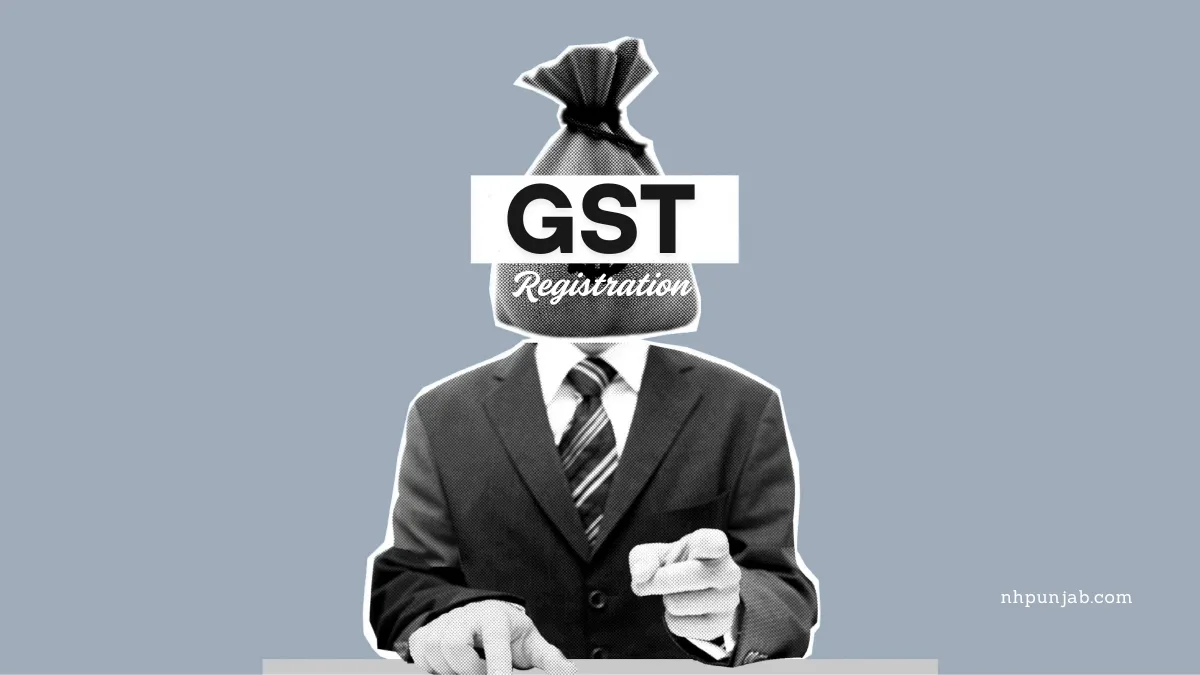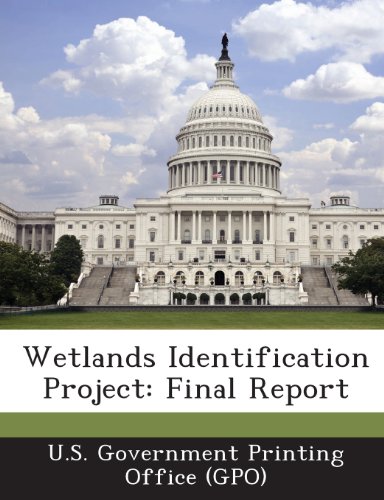GST Registration in Punjab, Latest Updates and Compliance Guide 2025
The Goods and Services Tax (GST) has transformed India’s taxation landscape since its implementation in 2017, streamlining multiple indirect taxes into a unified system. In Punjab, GST registration remains a critical requirement for businesses, ensuring compliance and enabling seamless operations across state and national markets. Recent updates in 2025 have introduced changes to simplify the registration process, enhance transparency, and boost compliance. This article explores the latest developments in GST registration in Punjab, eligibility criteria, required documents, and practical tips for businesses aiming to thrive in this dynamic economic environment.
Punjab’s GST Landscape: A Growing Taxpayer Base
Punjab’s GST framework has witnessed significant growth, with over 79,000 new taxpayers joining the system in the past two years. According to state authorities, targeted awareness campaigns and initiatives like the “Bill Liyao Inaam Pao” scheme have driven a 93% rate of timely filings, reflecting improved compliance. These efforts, led by Punjab’s Chief Minister and Finance Minister, underscore the state’s commitment to fostering a transparent and business-friendly tax ecosystem. Moreover, the introduction of biometric-based Aadhaar authentication has strengthened the verification process, ensuring only legitimate businesses are registered.
Key Updates to GST Registration in Punjab for 2025
In 2025, the Central Board of Indirect Taxes and Customs (CBIC) and Punjab’s Department of Excise and Taxation have rolled out several updates to streamline GST registration. For instance, biometric-based Aadhaar authentication is now mandatory for new applicants in Punjab, aligning with states like Bihar and Karnataka. This measure aims to curb fraudulent registrations and enhance the integrity of the taxpayer database. Additionally, the GSTN portal has integrated new banks, such as IDFC First and Bandhan Bank, for seamless payment processing, making compliance more accessible for businesses.
Also Read:
Furthermore, the GST registration threshold remains at Rs. 40 lakh for goods suppliers and Rs. 20 lakh for service providers in Punjab, as per the CGST Act. However, businesses engaged in interstate supply or e-commerce platforms must register regardless of turnover, ensuring fair taxation across digital and physical markets. The recent advisory on the Invoice Management System (IMS) also allows businesses to amend invoices efficiently, reducing errors and penalties. These changes collectively aim to simplify compliance while supporting Punjab’s growing economy.
Eligibility Criteria for GST Registration in Punjab
To register for GST in Punjab, businesses must meet specific eligibility criteria outlined by the CGST Rules, 2017. Primarily, any entity with an aggregate turnover exceeding Rs. 40 lakh for goods or Rs. 20 lakh for services in a financial year is required to register. Additionally, businesses involved in interstate supply, e-commerce operations, or acting as agents must obtain GST registration, irrespective of turnover. Casual taxable persons, such as those operating temporary stalls, and non-resident taxable persons also fall under mandatory registration categories.
Voluntary registration is another option for businesses below the threshold, allowing them to claim input tax credits and expand their market reach. Importantly, entities can now surrender voluntary GST registration at any time, a change from earlier restrictions that required a one-year commitment. This flexibility encourages small businesses to explore GST benefits without long-term obligations, fostering growth in Punjab’s entrepreneurial ecosystem.
Documents Required for GST Registration
The GST registration process in Punjab requires a comprehensive set of documents to verify the applicant’s identity and business premises. Key documents include a PAN card, which is mandatory for all entities, including proprietorships, partnerships, LLPs, and companies. Proof of address, such as a recent property tax receipt, electricity bill, or lease agreement, is essential to establish the principal place of business.
Additionally, applicants must provide bank account details, including a canceled cheque or bank statement, though these can be updated post-registration. For e-commerce sellers, a list of goods or services offered is required, while companies and LLPs need a digital signature and incorporation certificate. These documents ensure compliance with GST regulations and facilitate smooth processing, typically completed within 7-10 working days on the GST portal.
Step-by-Step GST Registration Process
The GST registration process in Punjab is entirely online, accessible through the GST portal (gst.gov.in). First, applicants must create an account and submit Part A of the registration form, providing basic details like PAN, mobile number, and email. Upon verification, a Temporary Reference Number (TRN) is issued, allowing completion of Part B with detailed business information and document uploads.
Also Read: Why Punjab’s Project Identification Number Is Unforgettable
Next, the application undergoes scrutiny, including biometric Aadhaar authentication and, in some cases, physical verification of the business premises. Once approved, the applicant receives a 15-digit GST Identification Number (GSTIN) and a GST certificate, which must be displayed prominently at the business premises. This streamlined process, supported by recent technological upgrades, ensures efficiency and transparency for Punjab’s taxpayers.
Benefits of GST Registration in Punjab
Registering for GST in Punjab offers numerous advantages for businesses. Firstly, it enables input tax credit claims, reducing the overall tax burden and improving cash flow. Secondly, GST registration enhances credibility, making businesses eligible to supply goods and services on e-commerce platforms and across state borders. Additionally, compliance with GST regulations positions businesses to avoid penalties, which can be 10% of the tax due or Rs. 10,000, whichever is higher, for non-registration.
Moreover, Punjab’s robust GST infrastructure, including service centers for e-filing support, ensures businesses receive guidance at every step. The state’s focus on digital integration, such as the GSTN e-Services app, further simplifies compliance, allowing businesses to focus on growth rather than administrative burdens.
Challenges and Compliance Tips
Despite the simplified process, some businesses face challenges, such as understanding complex GST rules or ensuring accurate invoicing. To address these, businesses should leverage tools like the ClearTax GST Search Tool to verify GSTIN and avoid errors. Regular training on GST updates, offered by Punjab’s taxation department, can also enhance compliance.
Also Read: Unlock Success: How to Start a Business in Punjab Guide
Additionally, businesses must stay updated on deadlines, such as the 31st March 2025 due date for central excise duty payments, to avoid penalties. Consulting with GST experts or using software like Clear GST can streamline return filings and invoice management, ensuring seamless operations in Punjab’s competitive market.
In conclusion, GST registration in Punjab is a vital step for businesses aiming to operate legally and efficiently in India’s unified tax system. With recent updates in 2025, including biometric authentication and enhanced digital tools, the process is more accessible than ever. By understanding eligibility, preparing required documents, and staying compliant, businesses can unlock the benefits of GST, from tax credits to market expansion. Punjab’s proactive measures, such as awareness campaigns and service centers, further support taxpayers, making it an ideal time to register and thrive in this vibrant economic hub.
FAQs About GST Registration in Punjab
1. Who needs to register for GST in Punjab?
Businesses with an annual turnover exceeding Rs. 40 lakh for goods or Rs. 20 lakh for services, as well as those involved in interstate supply or e-commerce, must register for GST. Voluntary registration is also available for smaller businesses seeking input tax credits.
2. What is the penalty for not registering for GST?
Failure to register can result in a penalty of 10% of the tax due or Rs. 10,000, whichever is higher, as per the CGST Act.
3. How long does GST registration take in Punjab?
The process typically takes 7-10 working days, provided all documents are submitted correctly and verification, including biometric Aadhaar authentication, is completed.
4. Can I surrender my GST registration in Punjab?
Yes, voluntary GST registrations can now be surrendered at any time, offering flexibility to businesses no longer requiring GST compliance.
5. Is a PAN card mandatory for GST registration?
Yes, a PAN card is mandatory for all entities except non-resident taxable persons or foreign companies, as per GST regulations.






